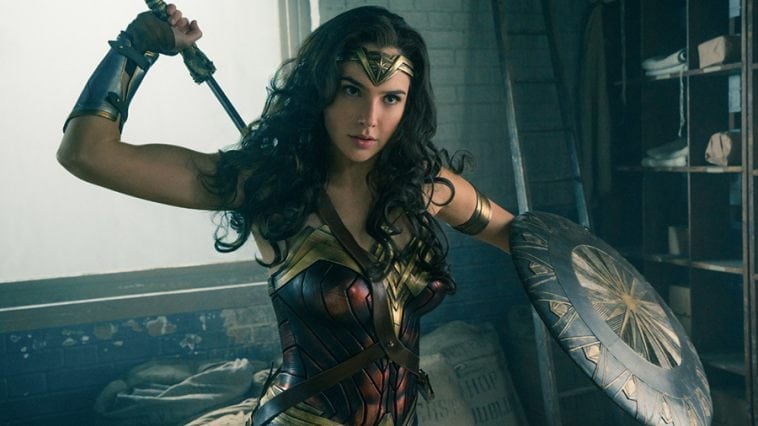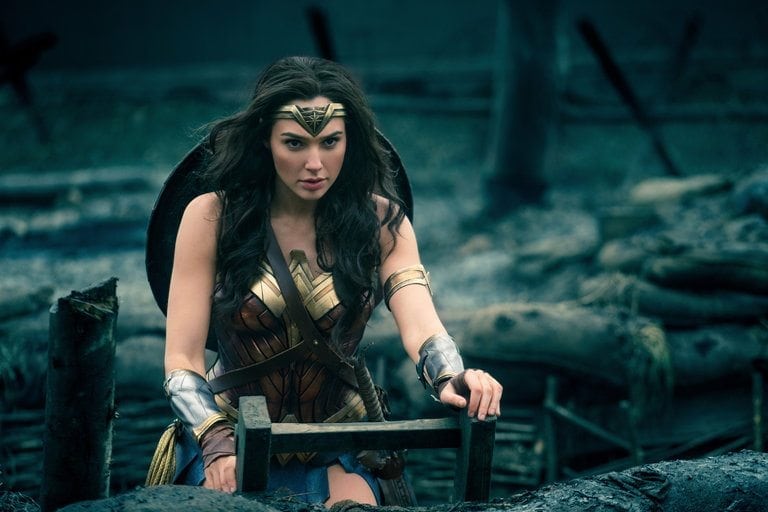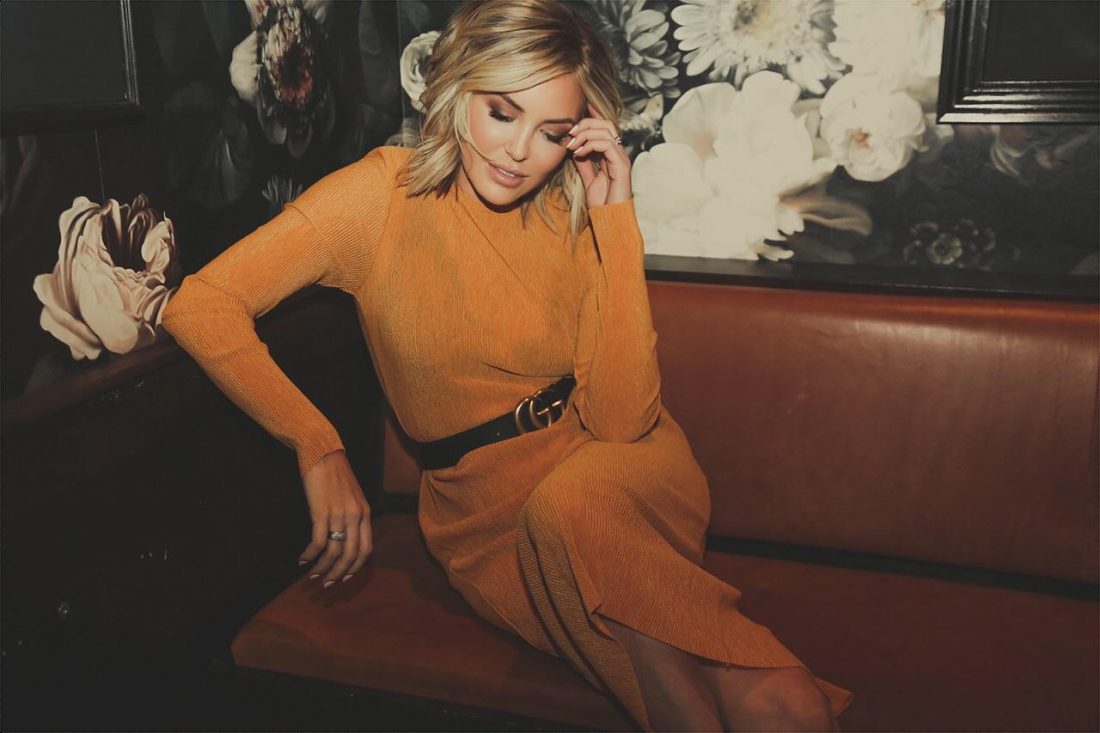Last week, the Alamo Drafthouse in Austin announced they’d be offering a ladies-only screening of the much-anticipated blockbuster, Wonder Woman.
From their website:
“The most iconic superheroine in comic book history finally has her own movie, and what better way to celebrate than with an all-female screening?
Apologies, gentlemen, but we’re embracing our girl power and saying “No Guys Allowed” for one special night at the Alamo Ritz. And when we say “People Who Identify As Women Only,” we mean it. Everyone working at this screening — venue staff, projectionist, and culinary team — will be female.
So lasso your geeky girlfriends together and grab your tickets to this celebration of one of the most enduring and inspiring characters ever created.”
The screening sold out in a matter of hours, and the theater has since added more screenings in more locations — some of which will benefit various charities.
However, the exclusion of an entire gender, even for one screening, does naturally lead to the question: Wait — is that legal?
After all, as many pointed out in the social media flurry which ensued, if a theater ran a promotion for an all-male showing of Thor, they would most likely face some serious PR (and possibly federal) consequences.
Many comments online cited the move as divisive, sexist, and technically illegal. One man has even filed an official complaint about it. The Alamo Theater has been responding with its own brand of sassy replies. My personal favorite: “We’ve never done showings where you had to be a man to get in, but we *did* show the Entourage movie a few years ago.”
While that response doesn’t really address the legality of the promotion, it does point out an issue that is particularly relevant: the film industry has a lot of stuff for guys. In 2016, women had less than a third of the movie lines in Hollywood’s big movies, and in only one major movie did more than half the lines go to female characters (that movie was Finding Dory). There’s a reason the term ‘chick flick’ implies sappy and/or comedic romance: for a long time, that was basically the only kind of movie marketed towards women.
When you get into the superhero genre, it gets even murkier. As Beth Elderkin points out on Gizmodo, “Since 1920, there have been about 130 superhero and comic book films with solo protagonists in the United States…Do you know how many of those 130 films had female leads? Eight.”
Eight. And none of those arrived in the last decade, the renaissance of superhero films.
The point is this: There is already a lot of celebrating guy power. It is inherent in most films. The promotion to celebrate Wonder Woman with an all-female screening is not withholding from the celebration of men; it is adding to the celebration of women. Those who are touting the promotion as ‘sexist’ are missing this point entirely.
Sure, you might say, but is it legal? Well, that will ultimately be up for a judge to decide — should the issue ever get so far as court. But it’s worth noting that the issue of the male-centric film industry is a reflection of a male-centric society, where women still make less on the dollar than men do, have less representation in government, are way more likely to be attacked or abused by an intimate partner, and, you know, only got the right to vote less than a century ago. Which isn’t all that long ago, relatively speaking.
All that to say: a prosecutor will be hard-pressed to find a judge who will take a claim of ‘discrimination’ in this case seriously. Because, as Don Cheadle points out, describing these all-female screenings as ‘discrimination’ against men assumes that men and women are currently on equal footing. Which many statistics prove is not quite the case. Men already have a leg up in film and in the greater culture; giving women a few meager screenings to celebrate does not dismantle that. It serves, rather, as one very small (but very fun!) step towards giving women that same advantage.

Guys, you still have most movies. You still have most screenings of this movie. A screening full of women-only does not neglect you, or discriminate against you, or even imply by those attending that you are somehow not wanted on a grander scale (as I’m guessing most of those ladies at least have male friends they care about!). Having a women-only event is about uniting women, celebrating women, and building women up, which is something we desperately need more of in this country. It is not about bringing men down. You have many, many other options available to you, at this very theater for this very movie — and, of course, in most other areas of this very society. A few seats being unavailable to you for a few hours is not discrimination.
It’s just a fantastic girls’ night out.









